UPDATED – 2020 Supplemental Budget Summary
By League of Education Voters Policy Team
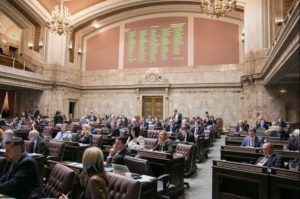 UPDATE: Unfortunately, due to the COVID-19 crisis and growing economic impacts by the time of budget signing, the Governor had to make the difficult decision to veto a number of budget items that were passed by the Legislature.
UPDATE: Unfortunately, due to the COVID-19 crisis and growing economic impacts by the time of budget signing, the Governor had to make the difficult decision to veto a number of budget items that were passed by the Legislature.
The Washington state legislature released their budget compromise on March 11 for the 2020 supplemental budget. The 2020 supplemental budget makes adjustments to the 2019-21 biennial budget that will impact the remainder of the biennium, ending in June 2021.
The highlights include increases in both the Working Connections Child Care ($41 million) and ECEAP, the Early Childhood Education and Assistance Program ($9.1 million), to increase access to childcare for families and increase funding rates for providers.
One of the most notable additions to the K-12 education budget is funding for high-poverty elementary schools to hire additional counselors ($31.8 million). This marks the first time in which high-poverty elementary schools will receive funding to staff their schools at higher levels than non-high poverty schools through the base funding formula. Currently, this increased funding will be in effect for the 2020-21 school year, but will need to be renewed in future budgets to continue beyond that.
The legislature made an increase of $1.9 million to the special education Safety Net program. Unfortunately, no other investments or changes in the special education funding formulas made it through the 2020 legislative session.
Other important investments in supporting families include $150,000 for the Office of Education Ombuds (OEO) to increase capacity and develop training in diversity, equity, and inclusion and $133,000 for the Office of the Superintendent of Public Instruction (OSPI) and the Department of Children, Youth, and Families (DCYF) to develop a family engagement framework.
With the passage and subsequent funding of the Workforce Education Investment Act (House Bill 2158) during the last legislative session, which made significant increases to state-funded financial aid, there were no substantive changes made to higher education funding or financial aid.
See how the 2020 supplemental budget agreement compares with the House, Senate, and Governor Inslee’s 2020 supplemental budget proposals. Strikethrough text indicates items that were vetoed by Gov. Inslee on April 3, 2020 in response to the COVID-19 crisis. Read More
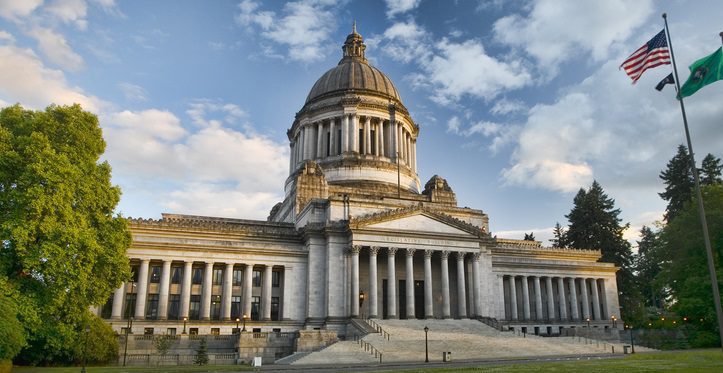
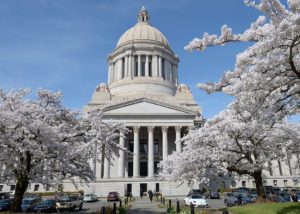
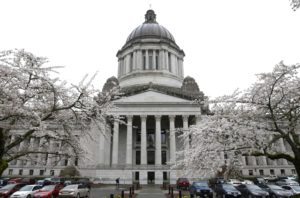 On March 20, Washington’s Economic and Revenue Forecast Council released their
On March 20, Washington’s Economic and Revenue Forecast Council released their 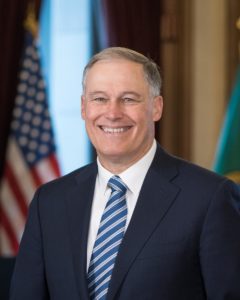
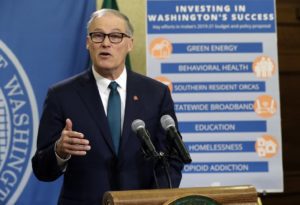 Governor Jay Inslee released his
Governor Jay Inslee released his  By Daniel Zavala, League of Education Voters Director of Policy and Government Relations
By Daniel Zavala, League of Education Voters Director of Policy and Government Relations